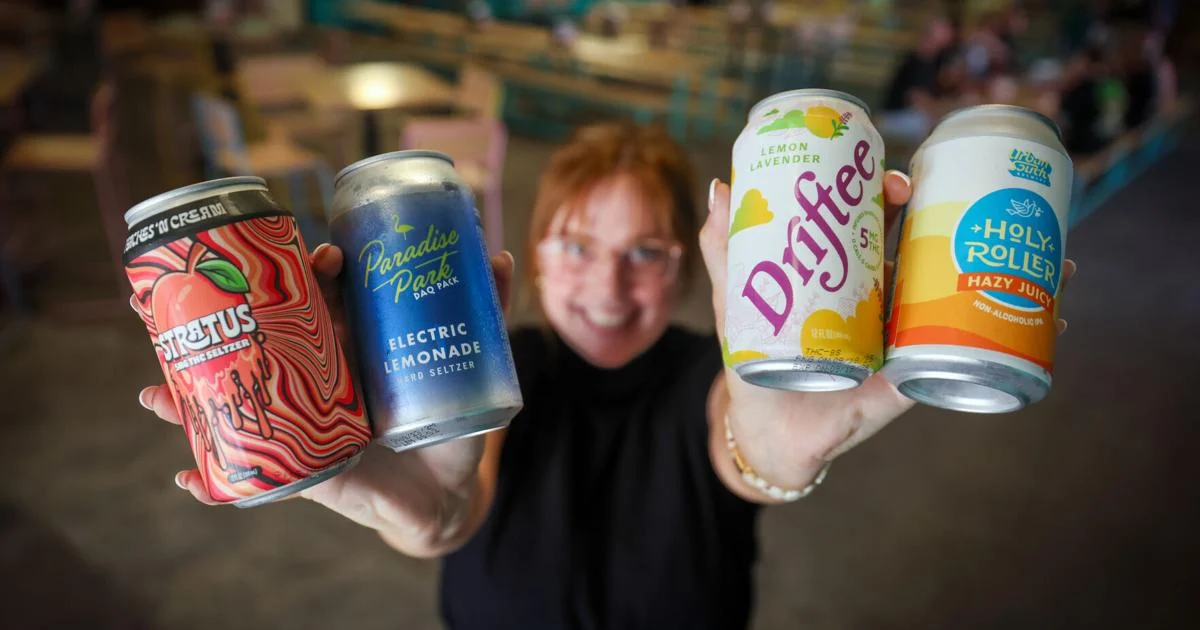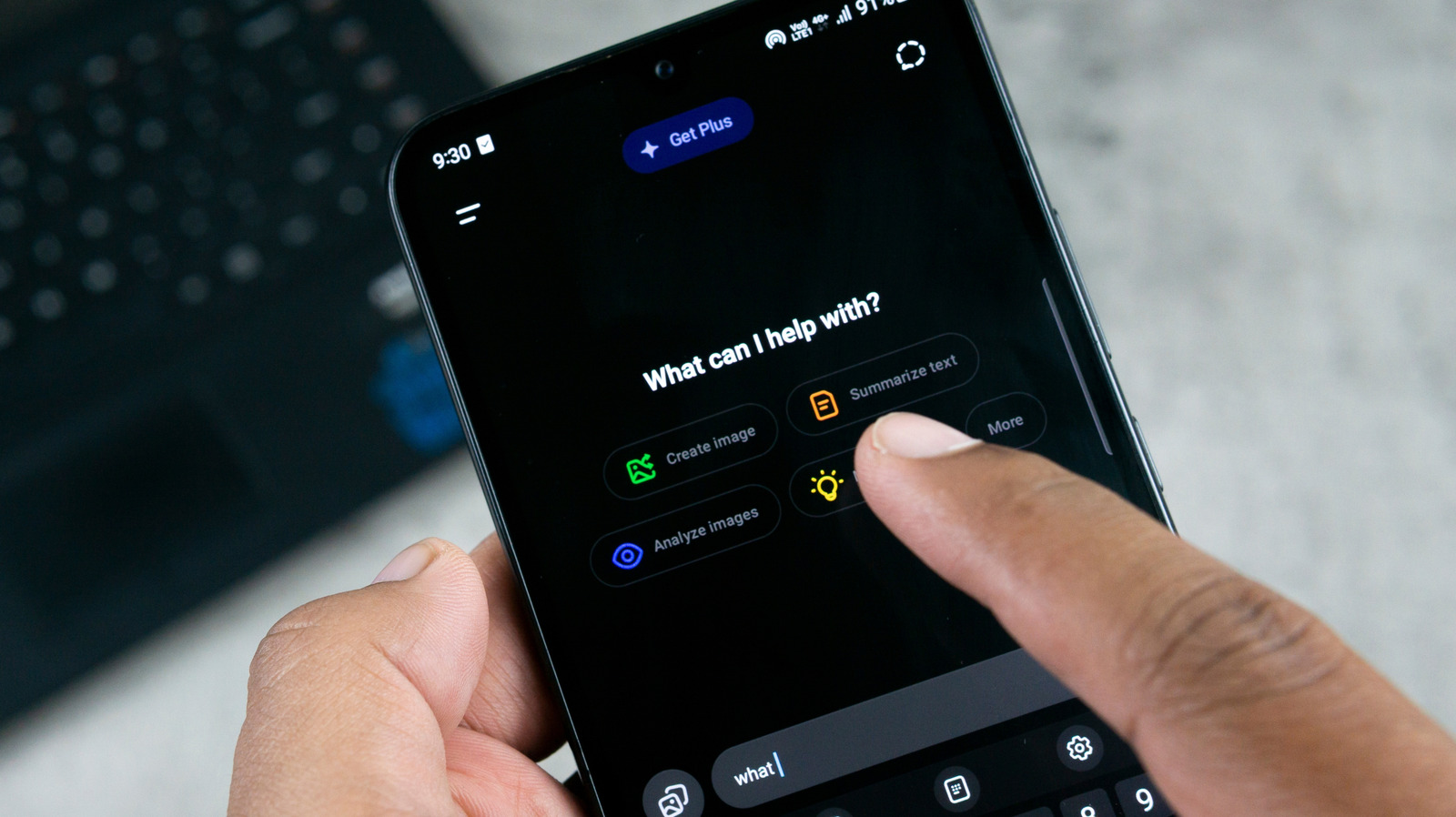Copyright Baton Rouge Advocate

When Abita Brewing Co. opened on the Northshore in the mid 1980s, there were only a few dozen craft breweries in the U.S. Today, the number of independent breweries churning out small batches of specialty brews has grown to nearly 10,000, thanks to a craze that took the nation by storm in the 1990s and early 2000s. Despite the growth of the category, however, which now accounts for one-fourth of national beer sales by dollar amount, per-capita beer consumption nationwide has actually been on a downward trajectory for more than a decade. With the exception of a brief, pandemic-era spike, younger people are drinking less in general, and consumers are embracing new options, including hard seltzers, ready-to-drink cocktails and increasingly popular THC beverages, which debuted in Louisiana six years ago. These challenges to the roughly $117 billion beer market mean brewers of all sizes are looking for innovative ways to maintain or grow their businesses — as the craft category deals with oversaturation. "We like to say we have a lot of drinkers in Louisiana, but at the end of day, there are markets, like Houston alone, that can sell more beer than our entire state," said Zac Caramonta, owner of Gnarly Barley, the Hammond-based maker of the popular Jucifer IPA. "There are only so many customers to pick up six packs off shelves or use tap handles in bars." In light of this, some of Louisiana's most high-profile craft brewers are looking "beyond beer" to keep their businesses buzzing. Some companies, like Urban South Brewery and Parish Brewing Co., are now making THC seltzers of their own. Others, including Abita and Port Orleans Brewing, are keeping their tanks full by manufacturing beverages of all types for other brands. Still others, including NOLA Brewing in New Orleans, Bayou Teche Brewing near Lafayette and Crying Eagle Brewing Company in Lake Charles, have changed their business model altogether and stopped supplying supermarkets and bars to concentrate, instead, on their own brew pubs and taprooms. "It's a way of hedging our bets," said Parish Brewing founder Andrew Godley, who said he's planning an expansion of his Broussard facility. "I can grow the business with only beer, but it’s certainly easier with other products. It's like having a diversified investment portfolio." Adding seltzers, canned cocktails to the lineup Local brewers have reason for concern. Several of their former colleagues and competitors have folded in the last two years, including Faubourg Brewing Co., Zony Mash Beer Project and Calliope Beer Works in New Orleans, Tin Roof Brewing Co. in Baton Rouge, and Red River Brewpub in Bossier-Shreveport. The Brewers Association, a national craft brewing trade group, estimates that its members nationwide are only using about 50% of their brewing capacity. Adding to the troubles, aluminum imports have raised the costs of cans and bottles, and the price of labor, health care, leases and other expenses has risen significantly since the pandemic. Local brewers who have endured, however, are optimistic about the new strategies they've adopted to remain viable and competitive. Urban South is trying to beat the competition by joining it. The nine-year-old brewer, which has a brisk regional distribution business, has gone all-in on making THC seltzers that can sit on shelves near its six packs of Paradise Park, Holy Roller IPA and other popular brews. Made by combining carbonated water and flavors with an extract from hemp plants, the new category of beverage was enabled by a 2018 federal law that legalized the manufacturing of products using THC in limited quantities. THC is the chemical compound found in hemp and all forms of cannabis that can create the feeling of a euphoric "high." Urban South debuted its Driftee line of THC seltzers at the end of 2023 and added Stratus, a fruitier and sweeter variation, last year. Today, the seltzers have grown to make up about 20% of the brewer’s production volume. “Louisiana is down maybe 7% selling beer, but we’ve completely closed the gap with seltzers. It’s definitely a huge part of keeping us level,” said Landry, who is selling the beverages at Rouses Market, Total Wine and retailers in a half-dozen states. The category is growing nationally, Landry said, but “some states are shutting down, some are opening up, and it’s happening in fits and starts, so there’s no clear federal coherence yet." He hopes more consistent regulation will further legitimize the drinks. Urban South also makes a hard tea product — technically a flavored malt beverage — called “Juvie Juice,” in partnership with Juvenile, the famed New Orleans rapper. It launched a line of hard seltzers in 2020 but now only makes them to use in its New Orleans taproom. “Those did well for the first couple years, but then you get drowned out by the marketing power of brands like White Claw and Truly,” Landry said. Parish Brewing Co., less than 10 miles southeast of Lafayette, has also gotten in on the THC market. Known to many Louisianans as the maker of Canebrake, an easy-drinking wheat beer, the company's most successful product nationwide is Ghost in the Machine, a flavorful and pricey double IPA brew that has a cult-like following among beer aficionados and is a favorite at Disney's EPCOT theme park in Florida. Now, the 16-year-old brewery is making a new brand of THC drinks under a separate brand name: Veri. The label's first product is a tropical-flavored beverage that has the state-maximum 5 milligrams of THC, enough to create a "buzz" equivalent to drinking the same amount of beer, Godley said. 'Adapt or die' New Orleans-based Port Orleans Brewing Co. has adopted a slightly different strategy. Founded in 2017 by a partnership group that includes former Saints player Zach Strief, Port Orleans is making THC seltzers and other products as a "contract manufacturer" for other brands. The Tchoupitoulas Street brewery's biggest customer is Louie Louie, the 3-year-old, New Orleans-based maker of THC seltzers. “It’s adapt or die,” said Ryan Mears, Port Orleans director of operations. “Everybody is figuring this out at the same time, and people are sharing notes. The spirit of craft beer has stretched to a new category.” In total, the company has made more than a dozen products — including nonalcoholic seltzers, teas and energy drinks — for its partners. Abita, the state's oldest and largest craft brewer, is doing the same. The brewery’s Abita Springs facility is capable of packaging and kegging about 350,000 barrels annually, after an expansion during beer’s boom years. Now it cranks out its iconic Amber, Purple Haze and Andygator brews alongside beverages for companies that either don’t have facilities of their own or who have exceeded their brewing capacity and don’t want to invest in an expansion. “It’s a way to diversify our revenue streams and grow our business,” Abita President Troy Ashley said. “It allows us to hire new employees, and we’re growing despite a time in the market that’s challenging for our core business in craft.” Louisiana law doesn’t allow brewers who distribute to retailers and bars to also sell wine, spirits or other "outside alcohol" in their taprooms and brew pubs. NOLA Brewing Company traded in a manufacturer's license for a brewpub license in 2023 and now has a full bar. "It's had a huge impact on both the music entertainment component of business and our private event business," NOLA owner Doug Walner said. "Many events wouldn't book when we could only sell beer." Other breweries have made the same move, as drinking habits are changing. "There actually are more craft drinkers than ever before, but beer is a lower percentage of their overall consumption," said Bart Watson, president of the Brewers Association, a national trade group. "I've been trying to coin this super nerdy term: the new generation of drinkers is 'omnibibulous.'"



